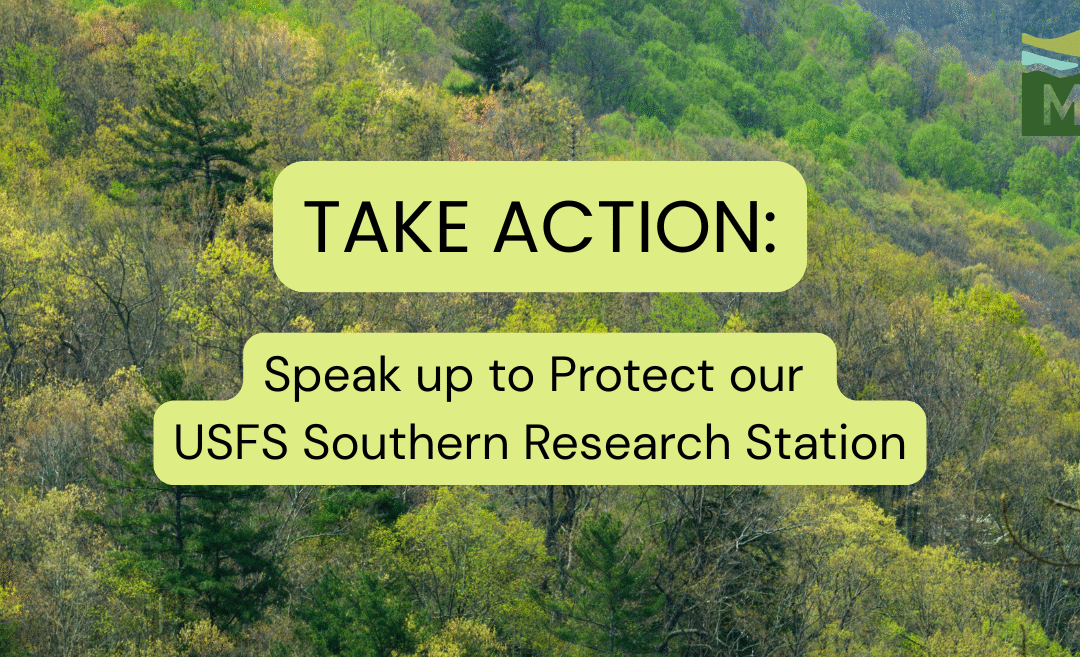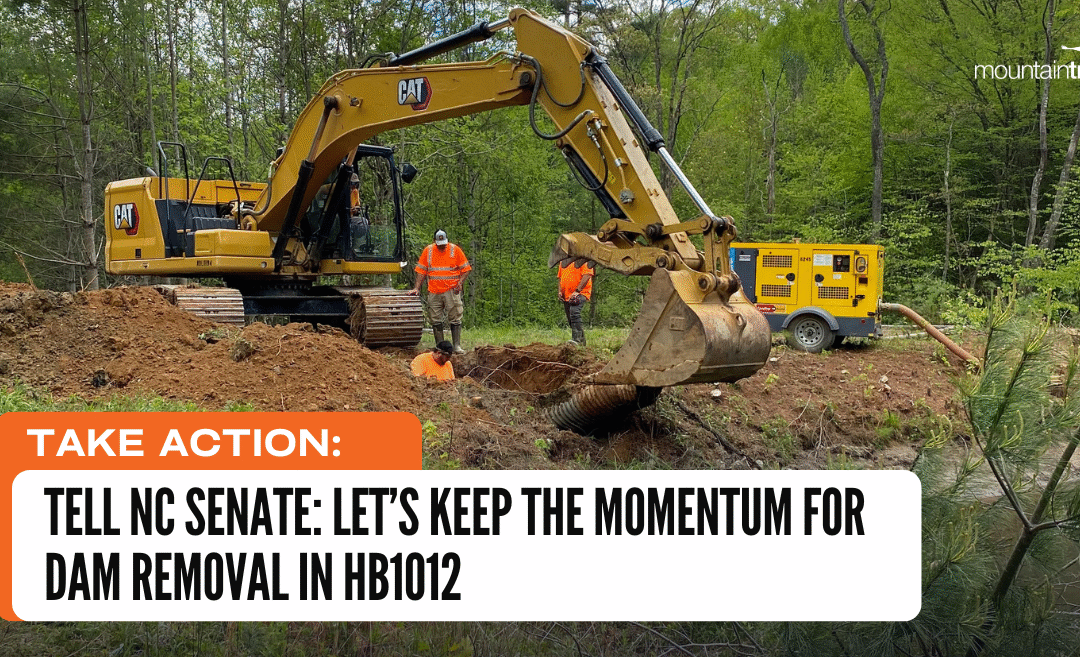
Take Action: Tell the USDA to Keep the Roadless Rule
Take Action: Tell the USDA to Keep the Roadless Rule
We need you to take action today to stop the USDA from rescinding the Roadless Rule.
On June 23, Agriculture Secretary Rollins announced that the Trump Administration will end the Roadless Rule, which has protected 58.5 million acres of roadless Forest Service land for 25 years. The Roadless Rule was finalized in 2001 after years of planning and public consultation. Over 600 public meetings were held and 1.6 million public comments were received on the rule, with 97% in favor of protecting the last wild areas in America from roadbuilding and commercial logging.
While most Roadless Areas are in the western US and Alaska, North Carolina is blessed with more public land and wild country than most eastern states. About 15%, or 152,000 acres, of Nantahala and Pisgah National Forests are protected by the Roadless Rule. These areas include well-known and beloved places like Cheoah Bald, South Mills River, Laurel Mountain, the Black Mountains, Tusquitee Bald, and Upper Wilson Creek. Roadless areas provide the best remaining fish and wildlife habitat in the nation, and unique recreational opportunities. Ending the roadless rule is nothing more than a handout to a small group of people that would benefit from logging and mining them.
But what about wildfire risk, some will ask? The truth of the matter is that fire is a crucial part of forest health, and roads bring both more arson fires and more fire suppression. The natural fires that burn in roadless areas maintain and renew the forest and don’t harm communities, which are by definition far from roadless areas. In fact, just 5% of roadless acreage is near human habitation. Plus, the Roadless Rule already contains the flexibility to cut trees to reduce wildfire risk and insect outbreaks. The Roadless Rule is working – don’t let oligarchs and bureaucrats take it away!
The public comment period opened August 29 and only lasts 3 weeks. In order to facilitate informed comments on the roadless rule, MountainTrue has developed roadless.org, a comment writing tool specifically designed to educate you about the roadless rule and produce a quick, unique comment that will be persuasive and impactful. All you have to do is visit the site, choose between three options for the time you want to spend on commenting, and approve the comment that you draft with the help of an assistant, and copy and paste your comment when you are finished.
The comment period for the Roadless Rule ends on September 19!
Take action now to protect our Roadless Areas!





